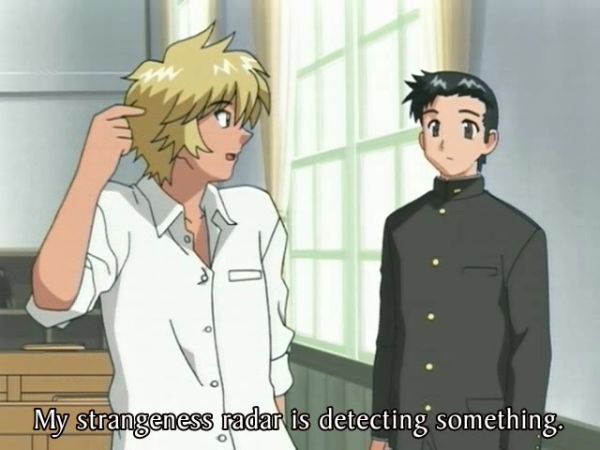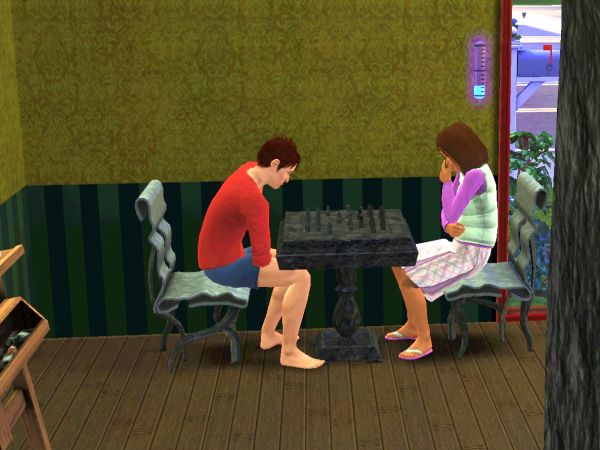
Your strangeness radar should be going wild whenever I’m around, I guess. Time to dredge up another strangeness.
One of the many things that are slightly uncommon about me is that I am not a member of a labor union (worker’s union, trade union). Well, that may not sound strange in some countries, but in Scandinavia these are part of the skeleton of society, not to say spine of society. For most of the past century, the Labor Party (also known as Social Democrats) was the largest party here in Norway and also in other Nordic countries. And the Labor Party was pretty much the political wing of the largest labor unions.
While the Labor Party is not clearly distinct from the labor unions – often a career in one qualifies for a job in the other – the other political parties also have to be on their best behavior around the unions. Traditionally almost every worker was unionized, so that if you upset the unions, you also upset your voters. The unions were “the people” and you don’t mess with the people.
Unlike some countries, there was never in my lifetime much of a conflict between the unions and any other group in society, except formally the employers’ unions. In reality, the government often mediated between the two and Norwegian society was shaped only partly by elections, but partly also by the informal talks among labor unions, employers’ unions and members of the government (who were usually associated with the labor unions but in lifestyle closer to the employers). So that’s what I mean by spine of society.
The more stalwart union members tended to consider non-unionized workers as parasites, but that is kind of hard to maintain as the years go by and the difference in income between them and me increases steadily. Even though our salaries are adjusted from year to year, unionized members take part in a second, local negotiation where they occasionally get a pay raise in addition to the general adjustment. Those who are active in the union generally get more of these than the common members, but there are also some who get extra raises because they could otherwise easily defect to a competitor. There is a bit of backbiting going on about this which I am happy to not be part of.
But in short, I am paid as if I had recently been employed, even though I’ve been there for 30 years (in a manner of speaking – I can’t go into more detail due to non disclosure agreements). Anyone around my age and experience – or half that – earns noticeably more. Actually they may well deserve it too, in the sense that they may actually be doing a better job than I. It is hard to be objective about such things. But in any case, they are not paid more because they do a better job, they are paid more because they are unionized. So the hints about riding for free have kind of fallen silent over time.
Now that there is strike, I am glad to not be unionized. It is bluntly against my religion to pressure money from anyone by threats or treachery. To threaten to quit the job without actually having the intention to do so falls in both of these categories, as I see it. So I choose to preen and puff up myself by means of moral superiority instead of by money, as is more common. Go me.
More practically, since I am single, I am under no pressure to choose between my principles and the wellbeing of my family. So that’s yet another score for celibacy, for those who can live with that. I suppose marrying a fabulously wealthy person can do the trick too, but that’s even harder, I would think.
In any case, I don’t think it makes sense to strike now. It is the height of a boom that is pretty much unique to Norway now. It can only be a matter of time, and not very long time either, before things go downhill here too. We do live on the same planet, after all. But for now, we are getting more than we deserve, compared to people around the world. I would feel pretty bad about striking right now. And since I am not unionized, I don’t need to.








